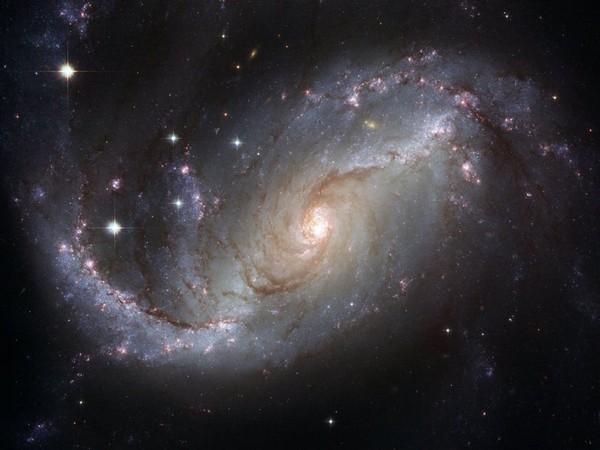
Has a giant celestial body ever disturbed the orbits of the solar system's planets?
Jan 22, 2025
Washington [US], January 22: The orbits of Jupiter, Saturn, Uranus and Neptune may have changed after a giant celestial body came crashing through the solar system from deep space billions of years ago.
According to a report published on arXiv , co-author Renu Malhotra, a planetary scientist at the University of Arizona in Tucson (USA), hypothesized that a giant celestial body , 8 times more massive than Jupiter, could have crashed through the solar system about 4 billion years ago.
This could explain the strange characteristics of the orbits of Jupiter, Saturn, Uranus and Neptune, which are not perfectly circular and all lie in slightly different planes.
In the report, the researchers describe how they modeled the orbits of a group of four planets located in the outer reaches of the solar system and ran 50,000 simulations of the possibility of a large object passing through the solar system, according to Live Science .
The aim is to determine whether an outside force ever entered the solar system and disturbed the planet's orbit.
While most simulations resulted in a solar system very different from the one we have today, about 1% resulted in planets with orbital configurations very similar to what we have today.
Accordingly, the orbits of four planets were interfered with by the passage of a celestial body ranging from 2 to 50 times the mass of Jupiter. This mass range can include planets to brown dwarfs.
Brown dwarfs are celestial objects that are more massive than planets but smaller than stars. They are sometimes classified as "gaslighters" because they are too small to sustain hydrogen fusion.
When they ran further simulations, this time including the orbits of the inner planets (Mercury, Venus, Earth, and Mars), the researchers found that the most likely scenario is for an object eight times the mass of Jupiter to pass as close to the sun as Mars does now.
Therefore, the team of scientists believes that the strange orbits of the group of planets in the outer solar system are probably the result of an invasion by a mysterious celestial body.
Source: Thanh Nien Newspaper









